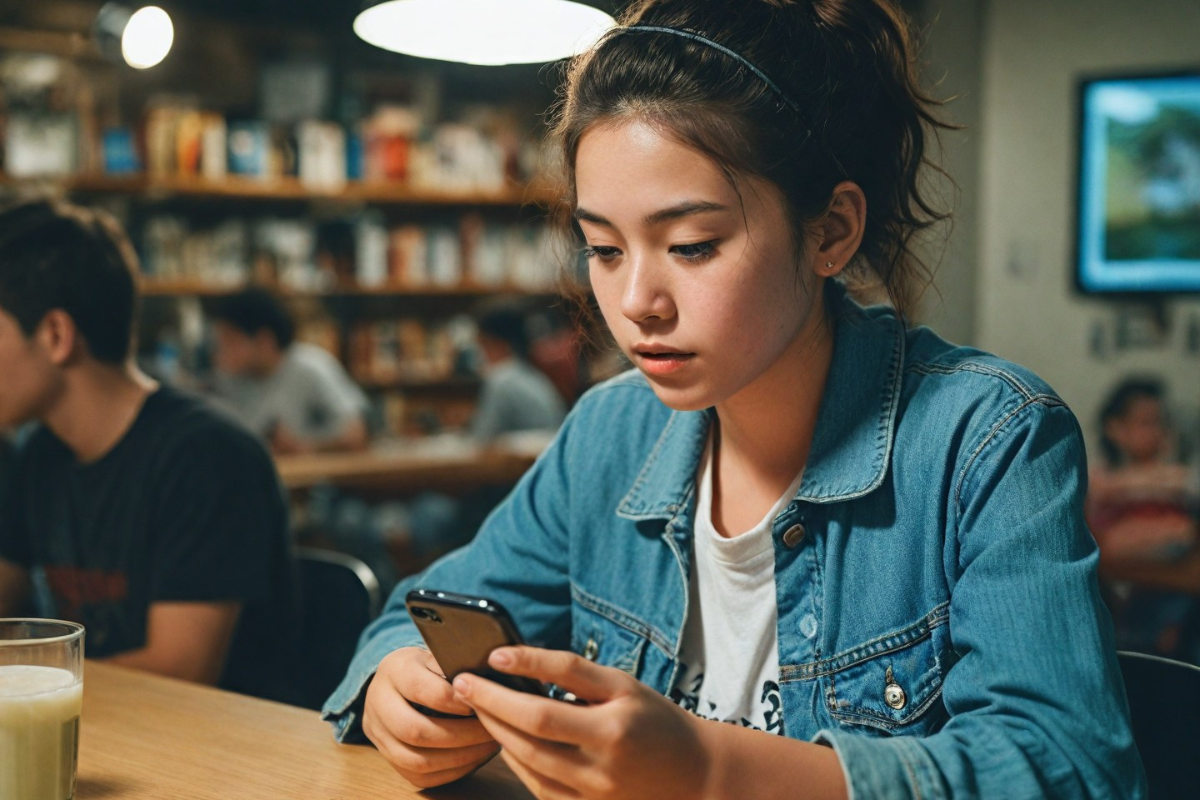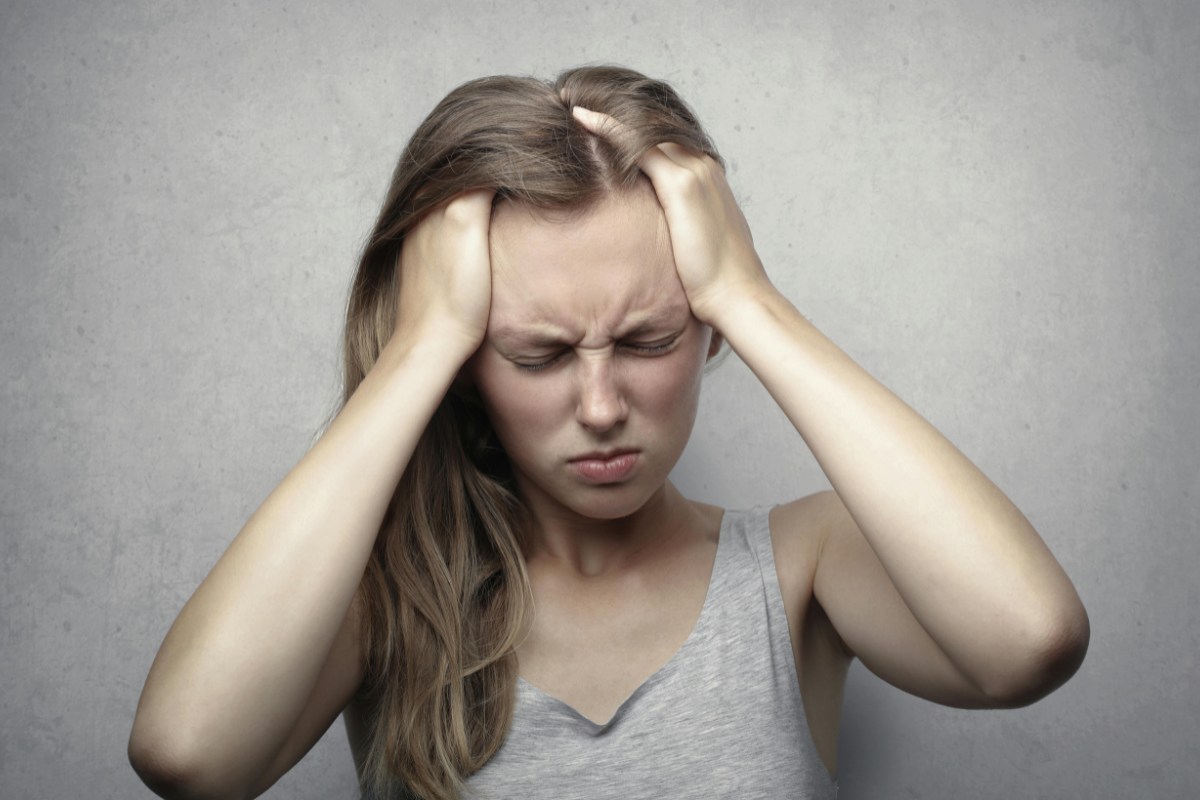
The Impact of Social Media on Adolescent and Young Adult Mental Health

The Impact of Social Media on Adolescent and Young Adult Mental Health
Introduction
In today's digital age, social media has become an integral part of adolescents' and young adults' lives. While it offers numerous benefits, excessive social media use has been linked to a variety of negative mental health outcomes. This blog post will explore the psychological effects of social media on adolescents and young adults, providing insights into how it can impact their well-being and offering strategies for healthier online habits.
The Growing Concern
Studies have consistently shown a correlation between increased social media use and heightened rates of depression, anxiety, and low self-esteem among adolescents and young adults. The constant pressure to curate a perfect online image, coupled with the fear of missing out (FOMO), can contribute to these mental health challenges.
Understanding the Psychological Effects
- Unrealistic Comparisons: Social media often presents a distorted reality, where people showcase their highlights while downplaying their struggles. This can lead to feelings of inadequacy and low self-esteem as young adults compare themselves to the idealized versions of others they see online.
- Cyberbullying and Harassment: Online platforms can be breeding grounds for cyberbullying and harassment, leading to emotional distress, anxiety, and even suicidal thoughts.
- Sleep Disruption: The blue light emitted from screens can interfere with sleep patterns, leading to fatigue, irritability, and difficulty concentrating. Chronic sleep deprivation can further exacerbate mental health problems.
- Distractions and Reduced Focus: Social media can be a significant distraction, hindering productivity, academic performance, and overall focus.
- Social Isolation and Loneliness: While social media can connect people, excessive use can lead to feelings of isolation and loneliness. Real-life connections are essential for mental well-being.
Strategies for Healthy Social Media Use
- Set Limits: Establish specific time limits for social media use each day.
- Mindful Social Media Consumption: Be aware of your thoughts and emotions while using social media. Challenge negative comparisons and focus on the positive aspects of your life.
- Curate Your Feed: Unfollow or mute accounts that trigger negative emotions or contribute to a toxic online environment.
- Take Breaks: Schedule regular breaks from social media, especially before bed.
- Disconnect: Consider taking a complete digital detox periodically to disconnect from technology and reconnect with yourself.
- Prioritize Real-Life Connections: Make an effort to spend quality time with friends and family, fostering meaningful relationships.
- Seek Professional Help: If you're struggling with mental health issues related to social media, don't hesitate to seek help from a mental health professional.
The Influence of Social Media on Relationships
- FOMO and Relationship Strain: The constant pressure to be connected and available on social media can strain relationships and lead to feelings of isolation.
- Digital Detox: Encourage young adults to take breaks from social media to prioritize real-life connections and deepen relationships.
- Healthy Communication: Teach young adults effective communication skills and the importance of face-to-face interactions.
Conclusion
While social media can be a valuable tool for communication and connection, it's essential to use it mindfully and in moderation. By understanding the potential negative effects and implementing healthy strategies, adolescents and young adults can mitigate the risks and enjoy the benefits of social media while prioritizing their mental well-being.






















































